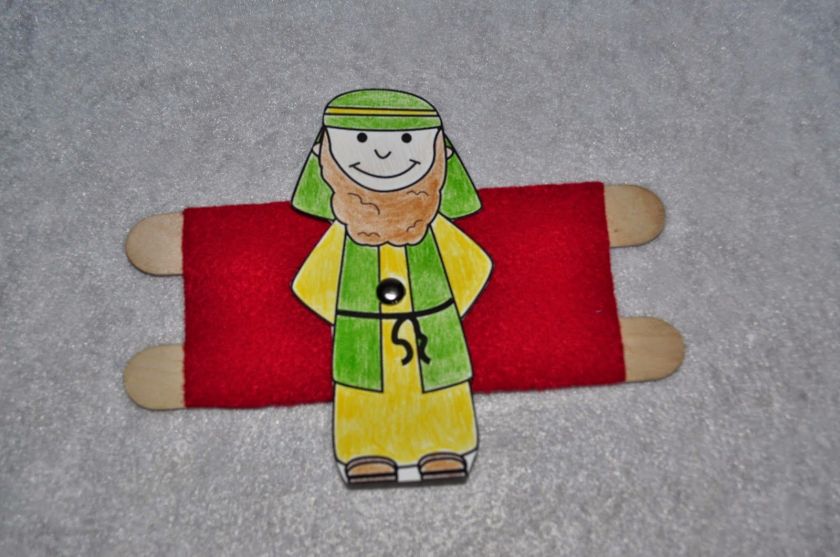The WORD in Other Words by Fr Nico Espinosa SVD (Rome)
Thursday 13th Week in Ordinary Time
Gn 22:1b-19, Mt 9:1-8
In today‘s Gospel, we observe three moments in Jesus‘ healing of the paralytic, helping us to understand our own paralysis and dealing with it from the perspective of our Christian faith.
The first moment. “And there people brought to him a paralytic lying on a stretcher.” The stretcher reflects total dependency and absolute loss of personal freedom. Only his friends faith and support allow the paralytic to move forward with his life. What is my own paralysis that leaves me lying on a stretcher? The “internal paralysis” in my heart? Do I have enough faith to get out of my paralysis?
The second moment. “Courage, child, your sins are forgiven.” The paralysis that | must overcome is against my personal reconciliation with God, with my brothers and sisters, and with myself. Jesus forgives everything that prevents the paralytic from moving and being free. “Courage, child” means that God does not lose hope in us, His children. By assuring us of His love and mercy, He continually encourages us to live our lives fully so that we do not remain forever “Iying on a stretcher.”
The third moment. “Rise, pick up your stretcher, and go home.” Jesus gives him back his dignity as a human being, the effect of external and internal healing. By regaining confidence, the paralytic can now “carry his own stretcher,” moving forward in life in full freedom. As the paralytic, we hear Jesus inviting us to rise and pick up our own “stretchers.” By accepting God‘s forgiveness and by forgiving others and ourselves, we can rise and move forward in life. God wants us to be free from all kinds of paralysis so that we may fully experience his love and mercy.



One comment